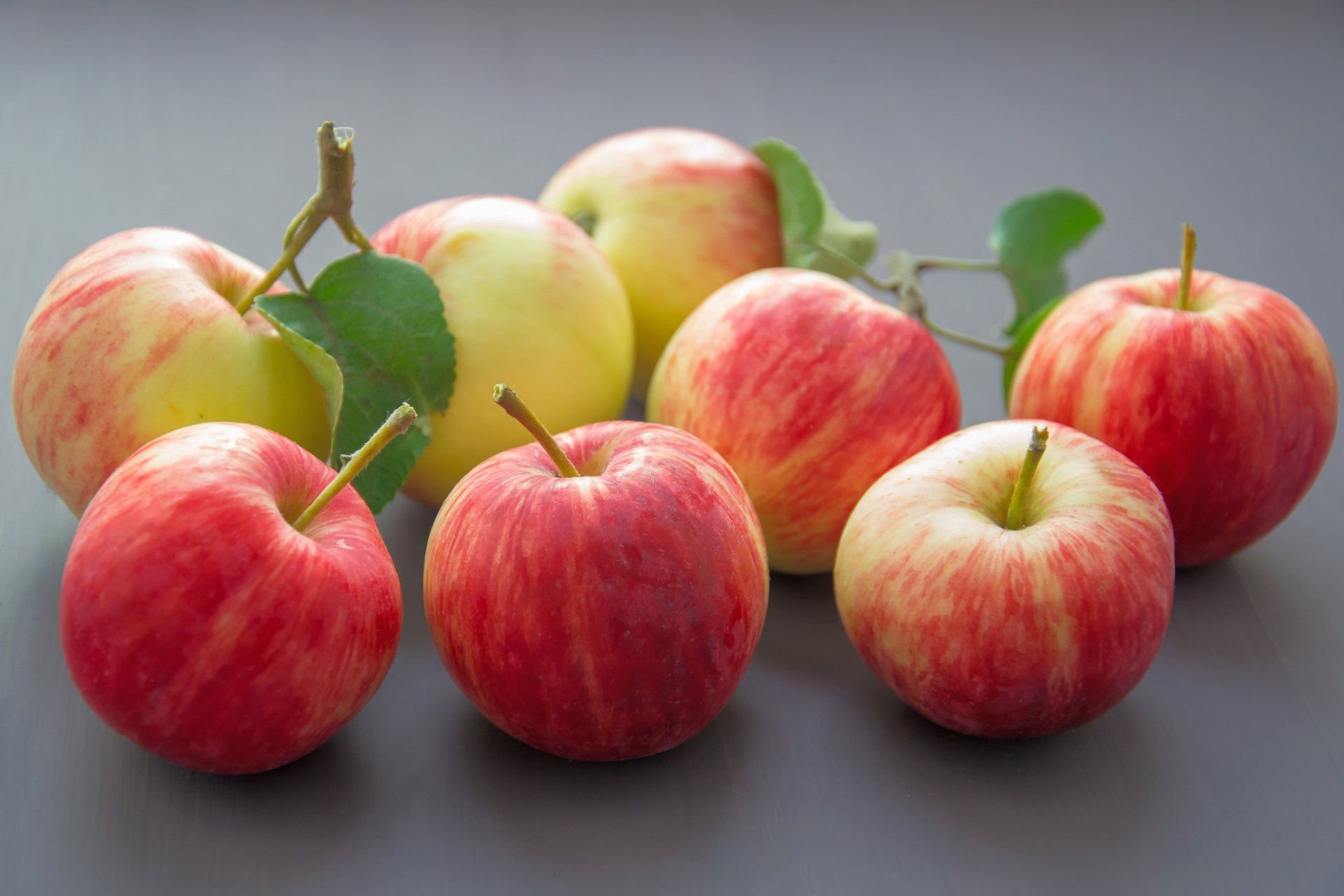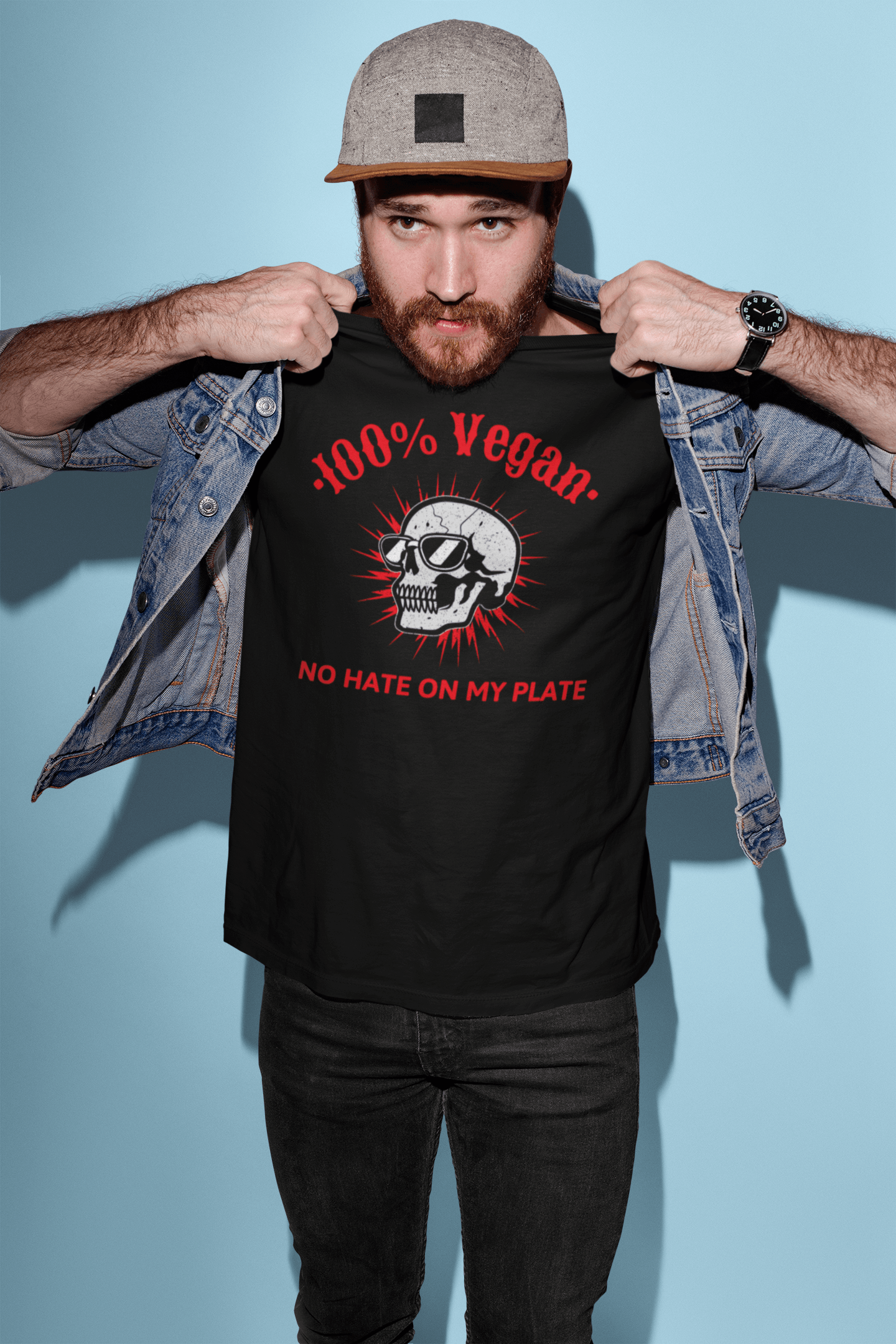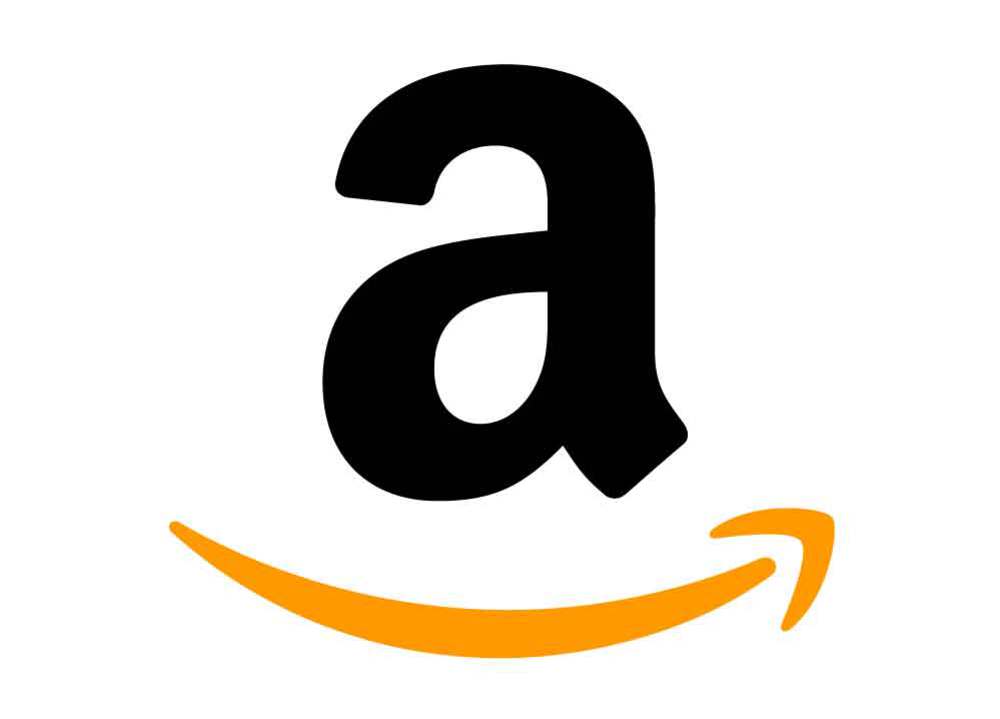Health Impacts of a Vegan Diet
"An Apple a Day..."

Many are introduced to veganism through vegan friends touting the health benefits or by seeing articles with titles like “Go Vegan to Lower Your Food-Footprint” and “Become Healthier by Going Vegan.” Whether you are already engaged in a vegan lifestyle or are considering the switch, it’s important to understand the full scale of health impacts that are associated with this popular modern diet.
Benefits:
- Lower Cholesterol
Meats and other animal products contain high levels of cholesterol, which is known to heighten the risk of certain medical conditions such as heart disease. Removing these foods from your diet and replacing them with foods commonly found in a vegan diet that are linked to lower levels of bad cholesterol (LDL) like oats, beans and nuts; can serve to lower your cholesterol and the associated risks. - Weight Loss
Research shows that vegan diets are likely to stimulate weight loss and discard excess fats. While scientists do not have an exact reasoning for this phenomenon, it’s likely that the combination of a high fiber vegan diet coupled with a reduction in fat calories allows the body a healthier, slimmer form. - Combat Diabetes
Studies have indicated that adhering to a vegan diet could assist in managing and combating type two diabetes. Participants in a recent study were shown to have lower amounts of a certain molecule linked to diabetes and heart disease, and were also shown to have lower levels of blood glucose after swapping their normal meals for vegan meals over an eight week period. - Protection Against Cancer
The connection between cancer and meat consumption has been highly debated in recent years, but research has shown that those participating in a vegan diet are less likely to develop cancer than those consuming animal products. Risk of colon cancer particularly can be mitigated through a diet high in fiber, which can be accomplished by swapping meat for legume or nut protein sources.
While there are certainly major benefits to veganism, there are also health risks when this diet is not undertaken in an appropriate manner.
Risks:
- Vitamin B12 Deficiency
While plant-based diets are certainly packed with abundant amounts of nutrients, vitamin B12 is an essential nutrient that our bodies do not have the ability to create nor is it found in plants either. Although symptoms of B12 deficiency usually pop up after a few years of maintaining a vegan diet, this can be easily avoided by taking a B12 supplement. - Forced Bad Eating Habits
Perhaps the most difficult task for vegans is the selection and availability of food choices that fit within the diet’s strict rules. A vegan diet is often viewed as highly nutritional, containing an assortment of fruits, vegetables, nuts, and oats. While maintaining a nutrient balanced diet is simple enough when cooking meals at home, a vegan may find themselves stuck with the choice of eating nothing or having to eat a meal that it not nutritionally balanced in order to maintain the diet when outside the home or traveling.
As with most anything in life, adhering to the rule of moderation is essential to a successful vegan diet. Participants of this lifestyle must incorporate careful planning so ensure nutrient requirements are satisfied through a diversified set of food types. A vegan diet is shown to be extremely healthy when done right and potentially unhealthy when the proper steps are ignored.
Vegan Gently Blog
















